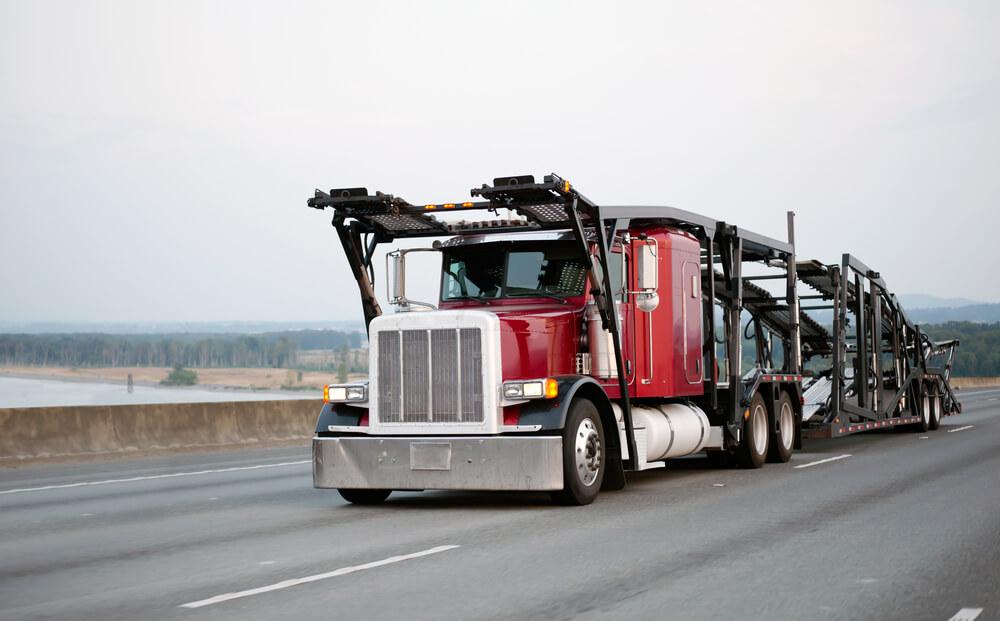
The average cost to ship a car 150 miles is about $500, while cross-country transportation averages $1,300. Prices vary based on vehicle size, transport type, and season, making understanding these factors necessary for accurate cost estimation and efficient car shipping planning.
Shipping a car, especially over distances like 150 miles, involves various factors influencing the cost. While the average expense for such a distance is around $500, it's necessary to consider elements like vehicle size, transport method, and timing. This article delves into the intricacies of car shipping costs, helping you easily navigate the process. From understanding the impact of distance and vehicle specifications to exploring cost-effective options, we provide a comprehensive guide to make your car shipping experience as smooth and economical as possible.
Factors that Influence the Price of Car Shipping
Understanding the factors that affect car shipping costs can help you decide. First, distance is crucial. Shipping costs rise with distance from the pick-up point. This is due to fuel consumption, driver time, and vehicle wear.
Vehicle size and weight also affect shipping costs. Heavy and oversized vehicles can increase fuel consumption, limit the number of cars a transport can carry, and require specialized loading and unloading equipment. Thus, transporting heavier vehicles costs more. Vehicle model and condition also matter. Classic or luxury cars may require more care or insurance, increasing costs.
The Impact of Distance on Auto Transport Costs

Distance affects car shipping costs. Longer distances increase vehicle transport costs. Longer routes require more fuel and driver time, which explains this correlation. Carriers must account for vehicle wear tear, and increased maintenance on these stretches.
In addition to fuel and maintenance, long-distance shipping has other costs. Costs include the driver's wages for the long trip, overnight lodging, and meals. Assuming other variables remain constant, shipping costs rise with distance from the starting point. Shipping a car from New York to California costs more than New Jersey.
The Role of Vehicle Size and Weight in Shipping Costs
Car shipping costs depend on size and weight. Large vehicles like SUVs and sedans take up more space on the carrier than compact cars, reducing the number of vehicles it can transport per trip. Carriers must charge more for larger vehicles to cover the potential earnings from transporting smaller vehicles. This is an necessary factor to consider when estimating shipping costs for larger vehicles.
Furthermore, the vehicle's weight also impacts shipping costs. Heavier cars require more fuel for transport, increasing overall operational costs for carriers. Beyond this, federal regulations limit the total weight that a truck is legally allowed to carry. Therefore, if a vehicle being transported is hefty, it could restrict the additional cars that could be transported due to weight restrictions. This again adds to the expenses, resulting in higher shipping costs. Understanding these factors can help vehicle owners make more informed decisions when choosing car shipping services.

Frequently Asked Questions
The size and weight of a vehicle significantly impact the shipping cost. Larger and heavier vehicles require more space and fuel for transportation, consequently increasing costs.
Yes, distance is a significant factor in determining the cost of car shipping. The farther the location, the higher the shipping cost due to increased fuel consumption and the time it takes to deliver.
Apart from the vehicle's size, weight, and distance to be covered, other factors like the method of shipping (open or enclosed transport), the vehicle's make and model, current fuel prices, and the time of the year can also impact the shipping cost.
To minimize the shipping cost, you can choose an open transport method, which is generally cheaper than enclosed transport. Also, schedule your shipment during off-peak seasons, as prices can be lower.
Yes, shipping larger and heavier vehicles typically costs more as they require more space on the carrier and can add to the airline's total weight to transport.
The vehicle's make and model can affect the shipping cost because some cars are larger and heavier than others. Also, luxury, antique, or custom-made cars may require special handling or enclosed transport, which can add to the shipping cost.






 Share on Facebook
Share on Facebook Share on LinkedIn
Share on LinkedIn Share on Twitter
Share on Twitter




 Google
Google  Instagram
Instagram  Trustpilot
Trustpilot 



